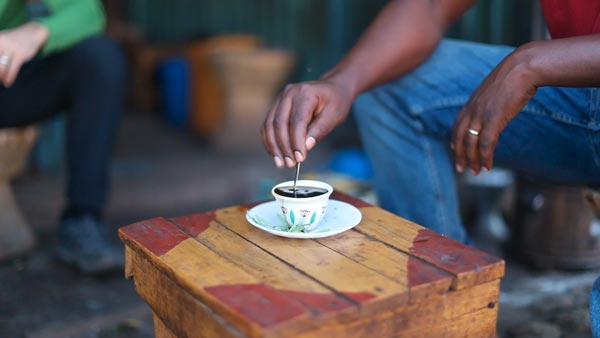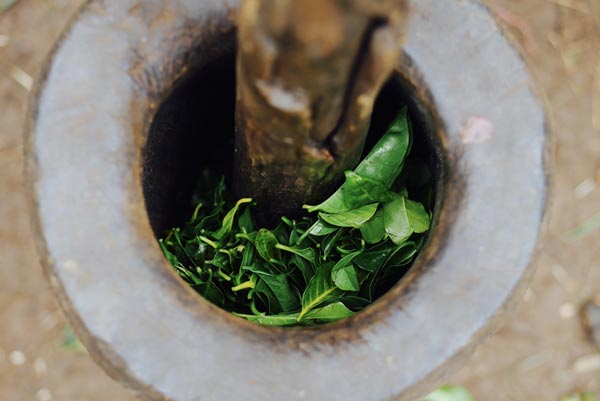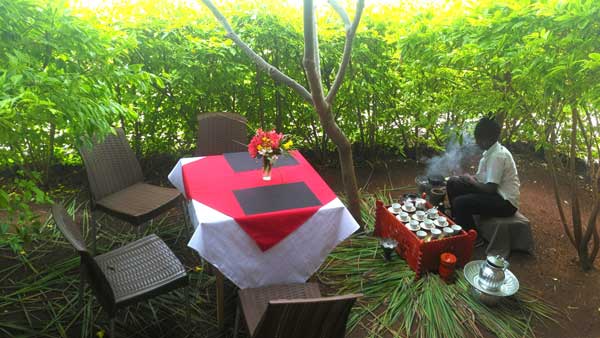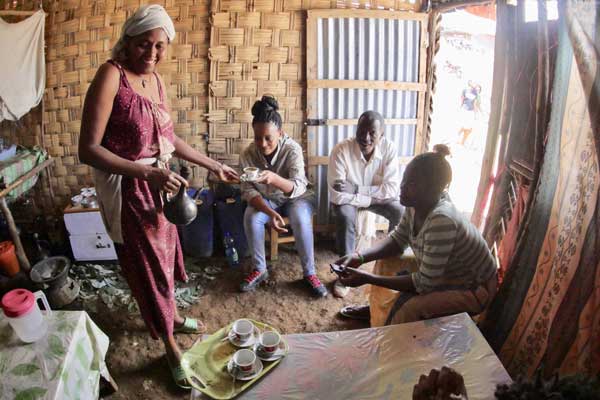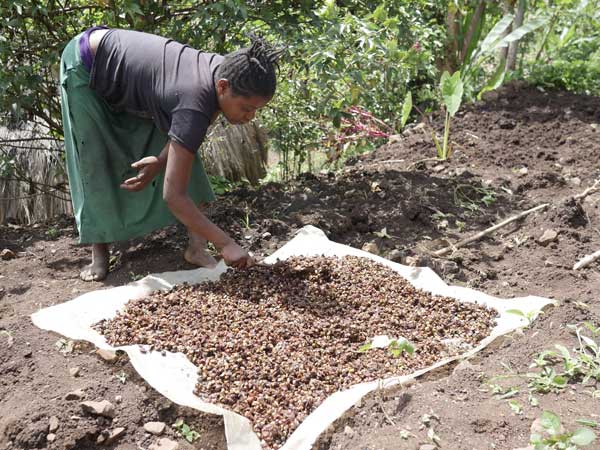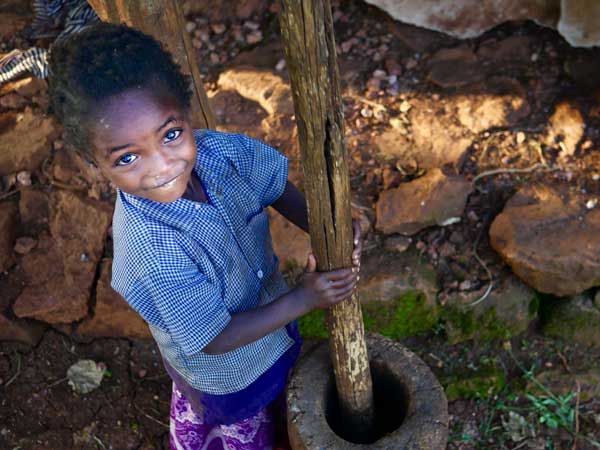Ethiopia, the Birthplace of Coffee; Urban Coffee, Rural Coffee
International Coffee Day
Did you know that October 1st is International Coffee Day?
In the coffee industry, October marks the beginning of the fiscal year in line with the harvesting and shipping of coffee beans. Therefore October 1st was designated as Coffee Day.
Ethiopia, the birthplace of coffee
Coffee has been loved all over the world since ancient times. In fact, its origin is said to be in Ethiopia, a country where HOPE sites its projects.
A long time ago, Kaldi, a goat herder in Ethiopia, found a goat eating and leaping excitedly around a little red fruit. He ate the fruit and felt invigorated. That fruit was coffee, and this story is still recounted as an anecdote about the discovery of coffee.
Ethiopia, the world's sixth-largest (*1) coffee producing country, is famous for producing high-quality coffee beans and Ethiopians are very proud of their coffee.
Alternative coffee in rural Ethiopia
However, despite being such a coffee powerhouse, there are people in the rural areas of Ethiopia who cannot afford coffee but instead drink an alternative coffee drink.
It is a tea made by boiling mashed coffee leaves called "Haitsatuke" in the local Gamo language. It is quite different from coffee, with a very bitter taste and a unique fresh leafy smell. In rural villages, where seasoning of drinks is a mark of social status but where sugar is scarce, the locals instead serve this tea with plenty of salt.
About half of the coffee produced in Ethiopia is consumed domestically, and the sight of Ethiopia's unique coffee ceremony is very common in the cities and towns. There are many modern and fashionable cafes in the urban centers, but coffee beans are expensive and considered a luxury for the poor families in the rural towns and villages.
A thought for the villages in Ethiopia
Ethiopia has achieved remarkable economic growth in recent years, which however has mostly benefited the urban cities. HOPE continues to provide support to rural neglected communities not only through its water projects but also to the economic development of local communities by supporting the empowerment of women. HOPE continues in its work to help the poor and hopes to see the day when local communities can enjoy the rich aroma of coffee.
When you enjoy a cup of Ethiopia's fruity and aromatic coffee, please ponder a moment and think about villages of the Ethiopia.
*1出典(coffee, green 2018)
http://www.fao.org/faostat/en/#rankings/countries_by_commodity

